<meta name="viewport" content="user-scalable=yes" />
<meta name="viewport" content="maximum-scale=2.0" />
6
home,wp-singular,page-template,page-template-full_width,page-template-full_width-php,page,page-id-6,wp-theme-brick,wp-child-theme-brick-child,select-core-1.2.3,tribe-no-js,page-template-brick-child,brick-child-child-theme-ver-1.0.0,brick-theme-ver-3.4,ajax_fade,page_not_loaded,smooth_scroll,vertical_menu_with_scroll,wpb-js-composer js-comp-ver-6.13.0,vc_responsive
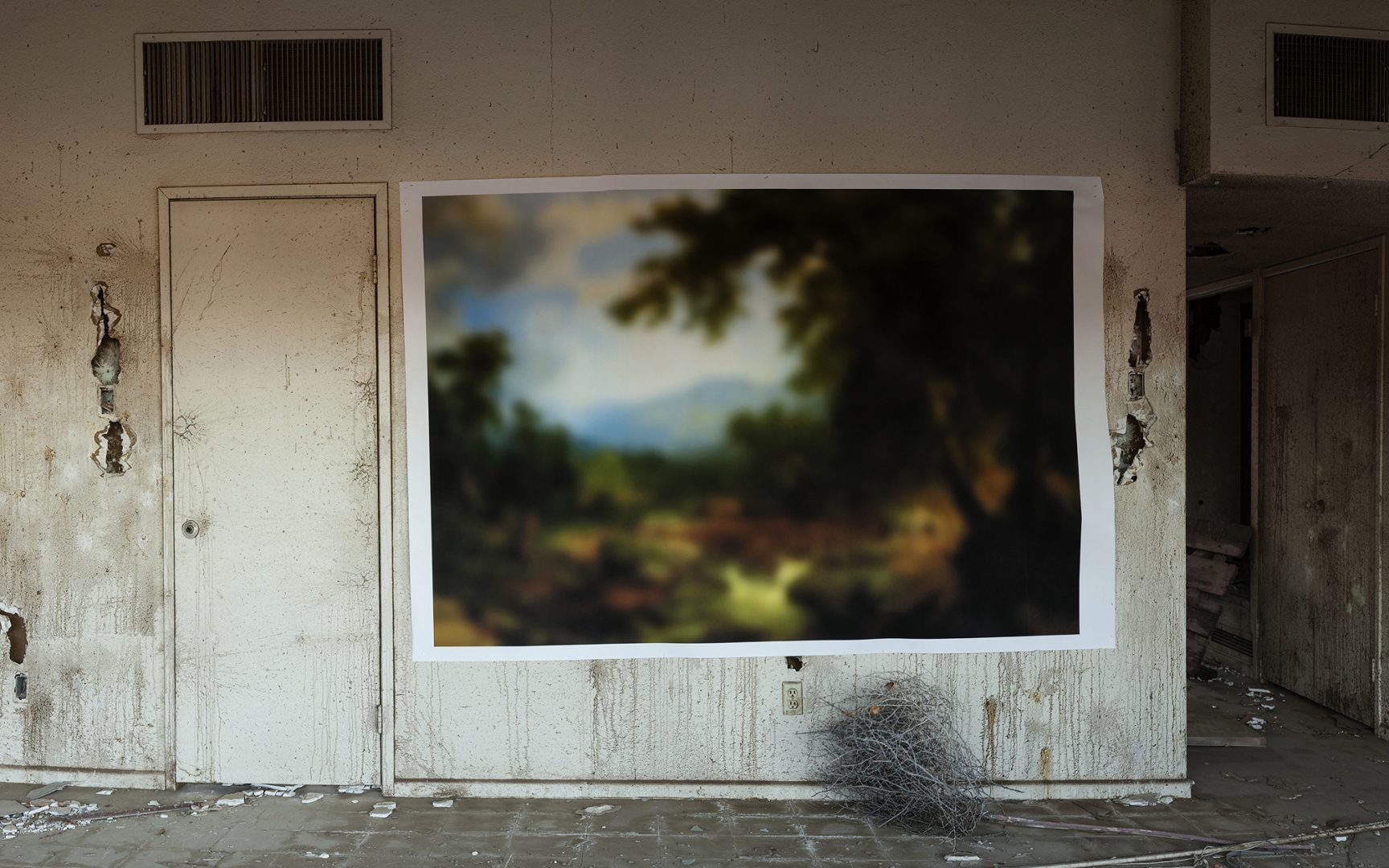
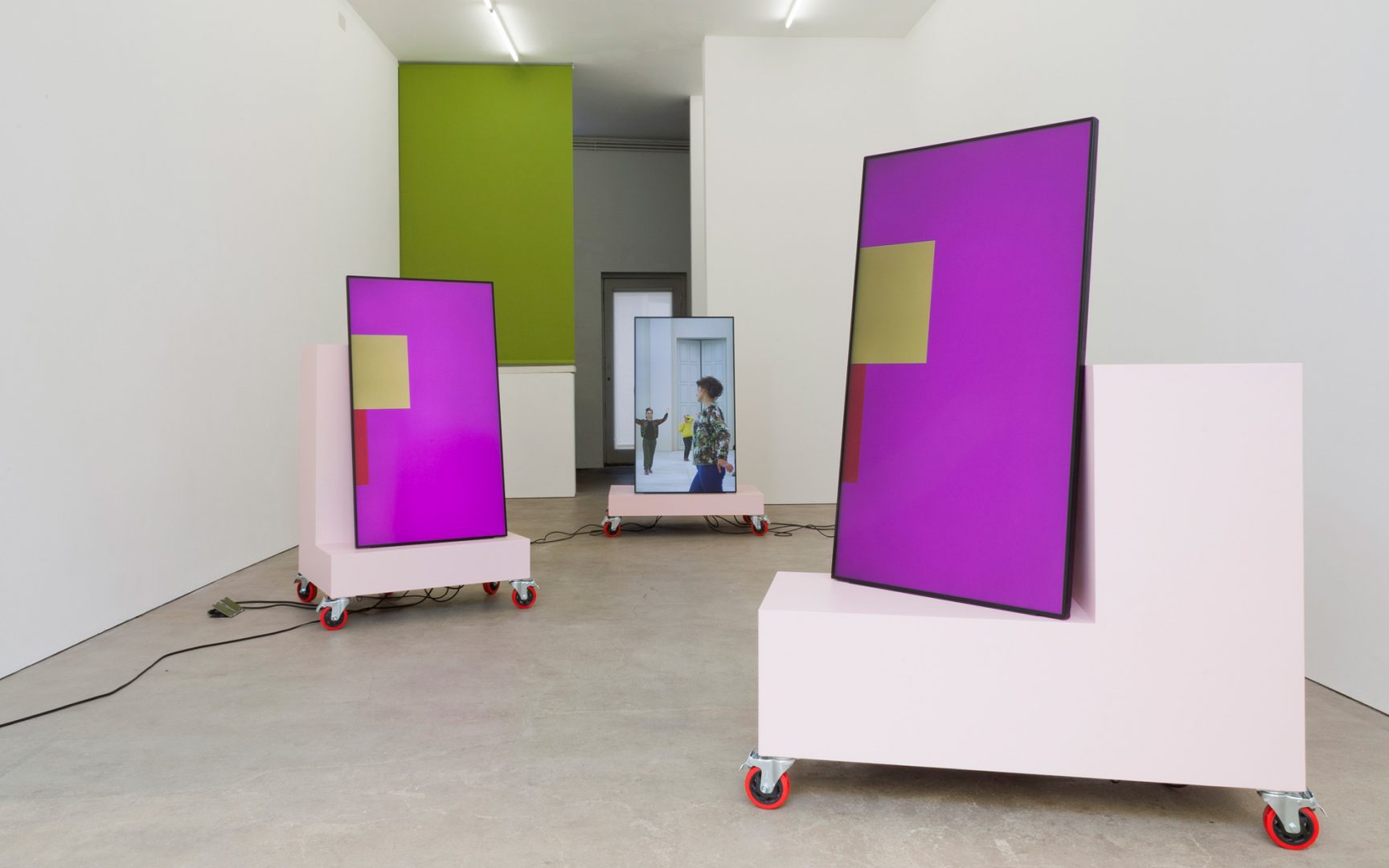
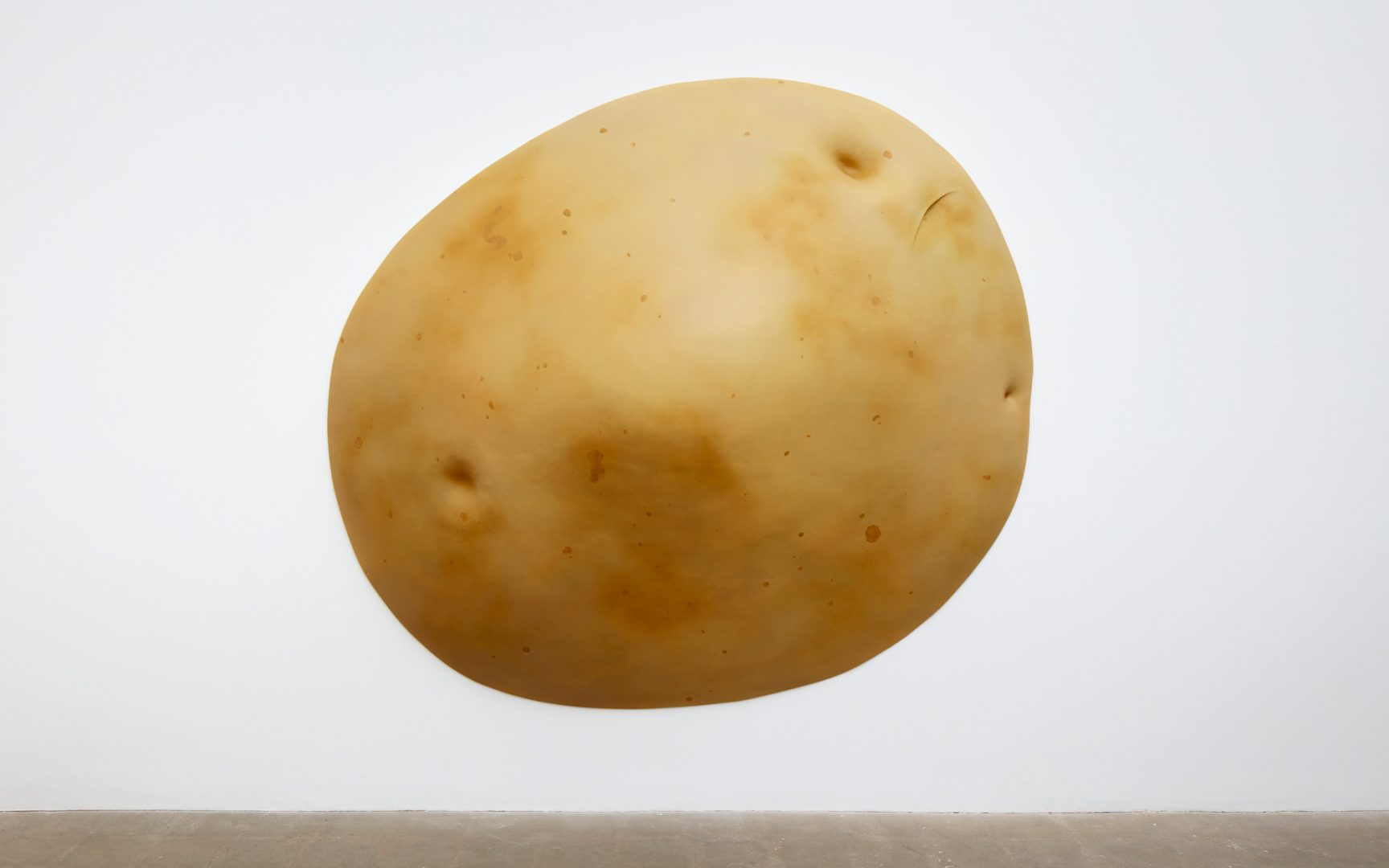
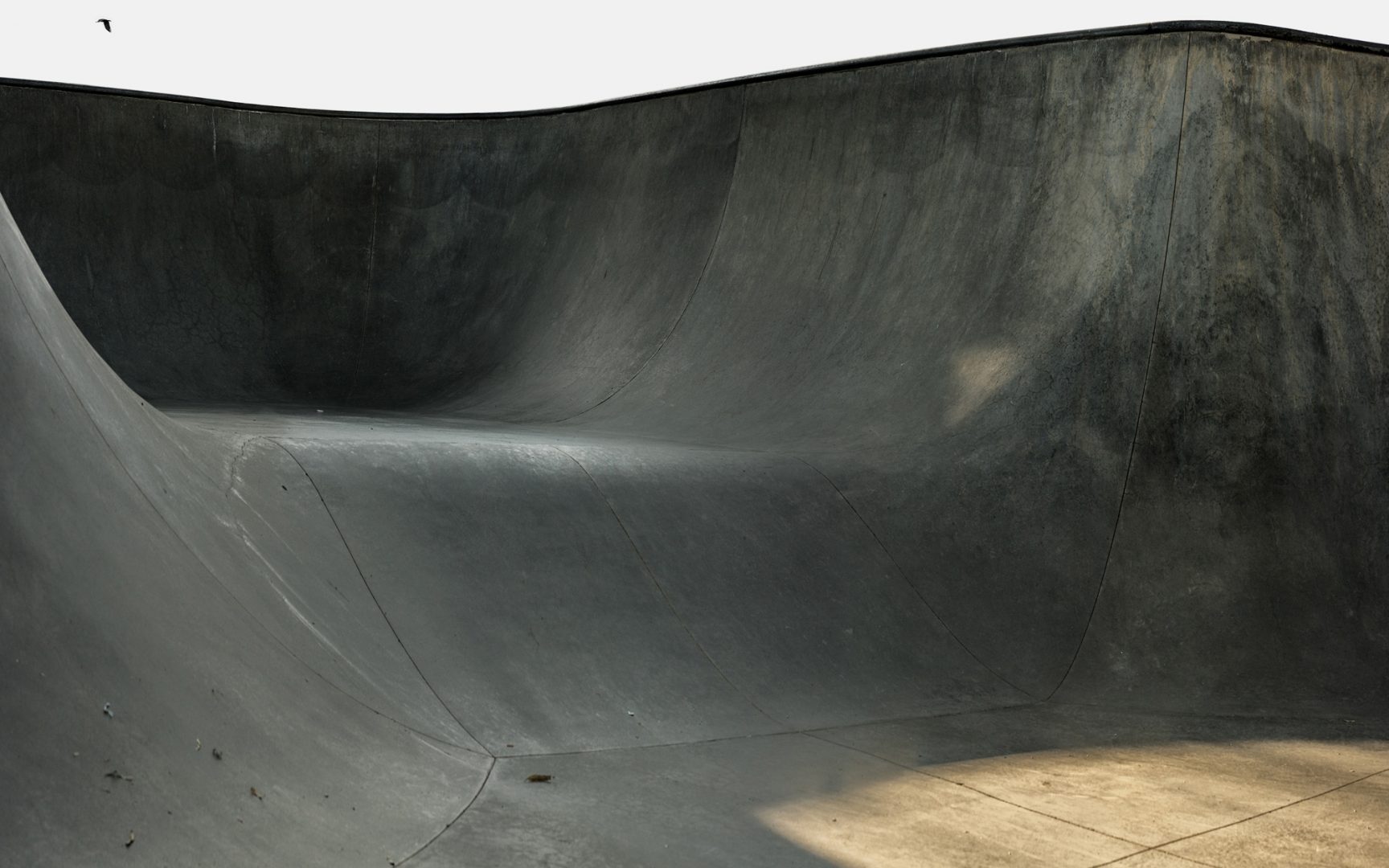
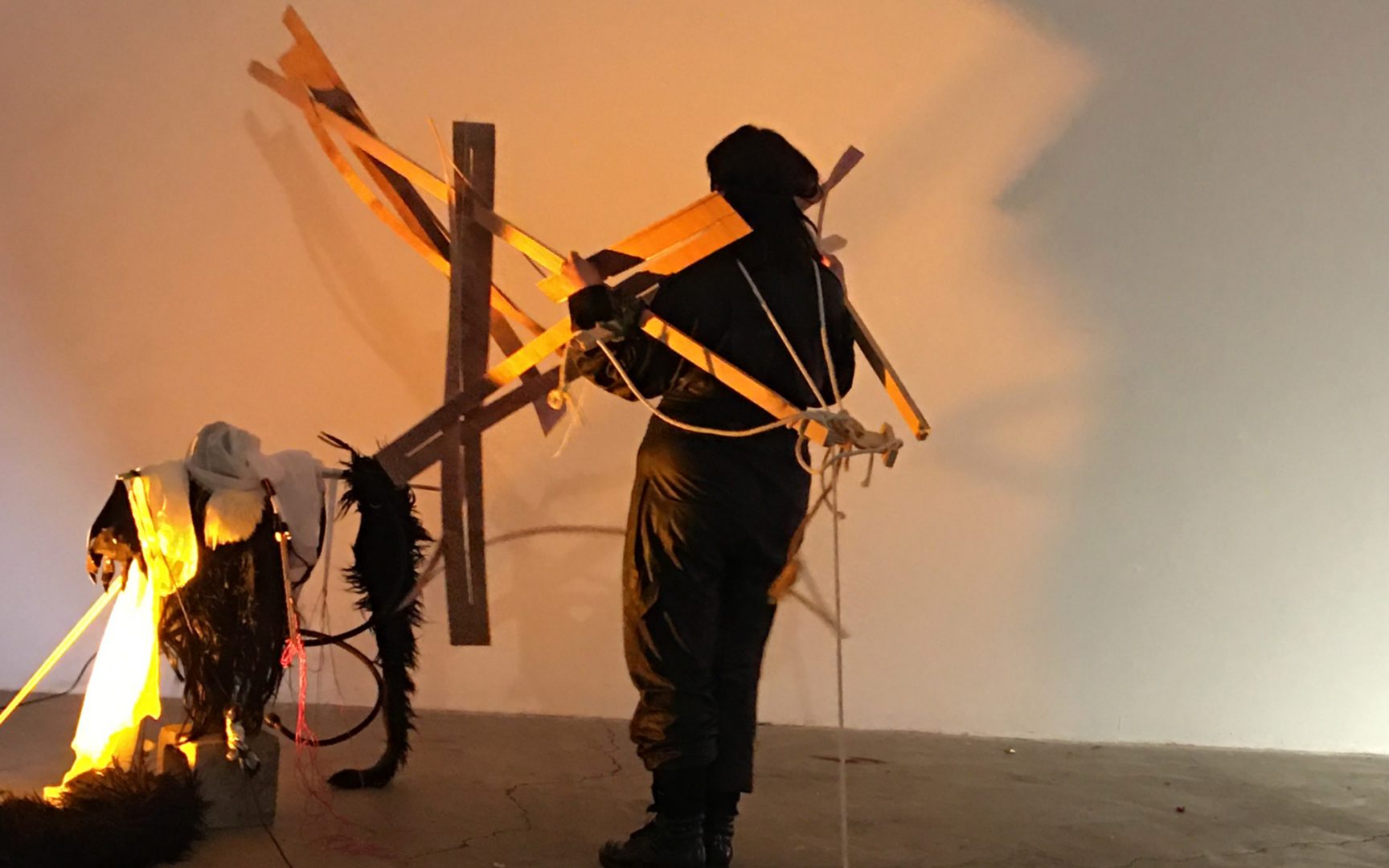
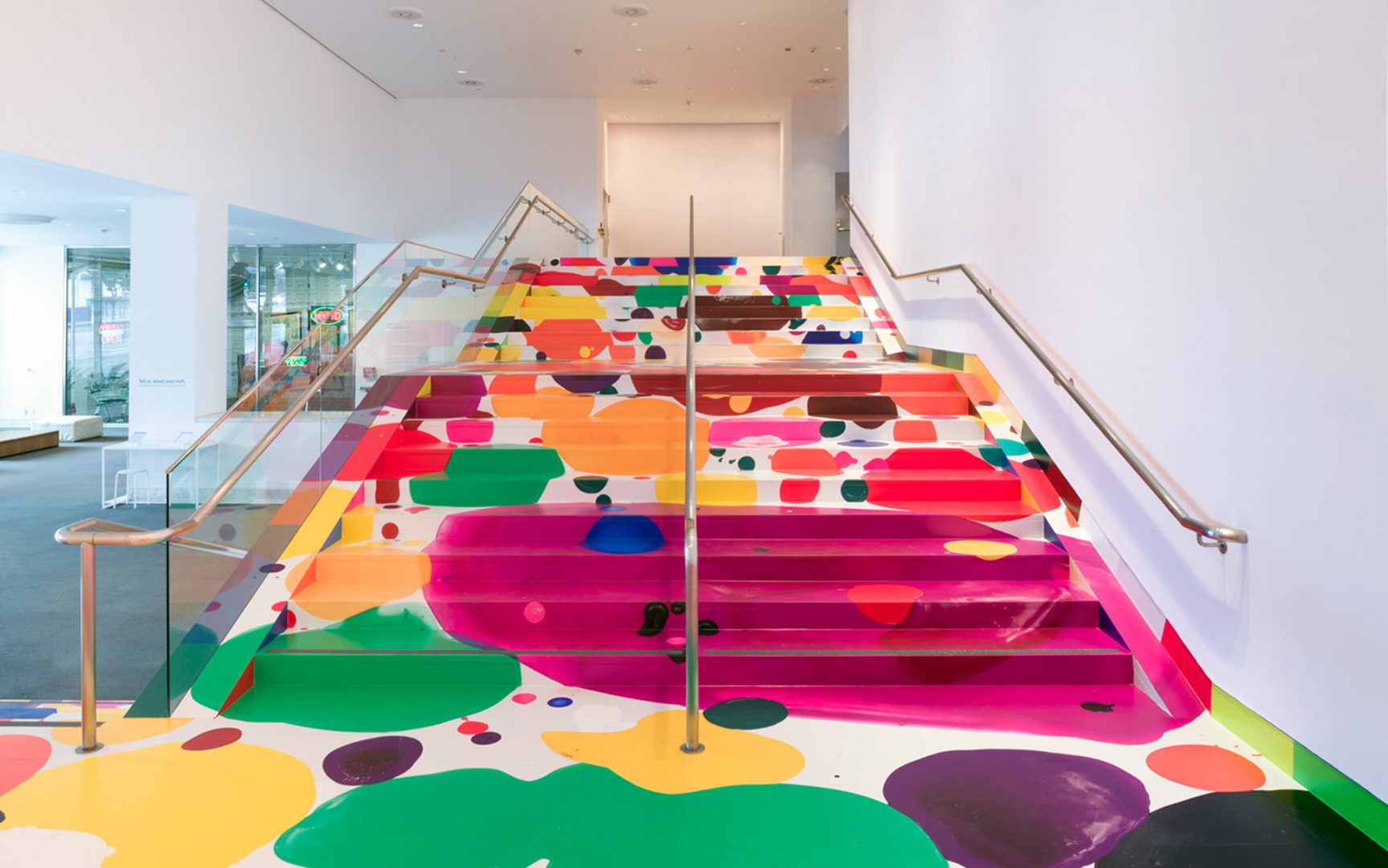
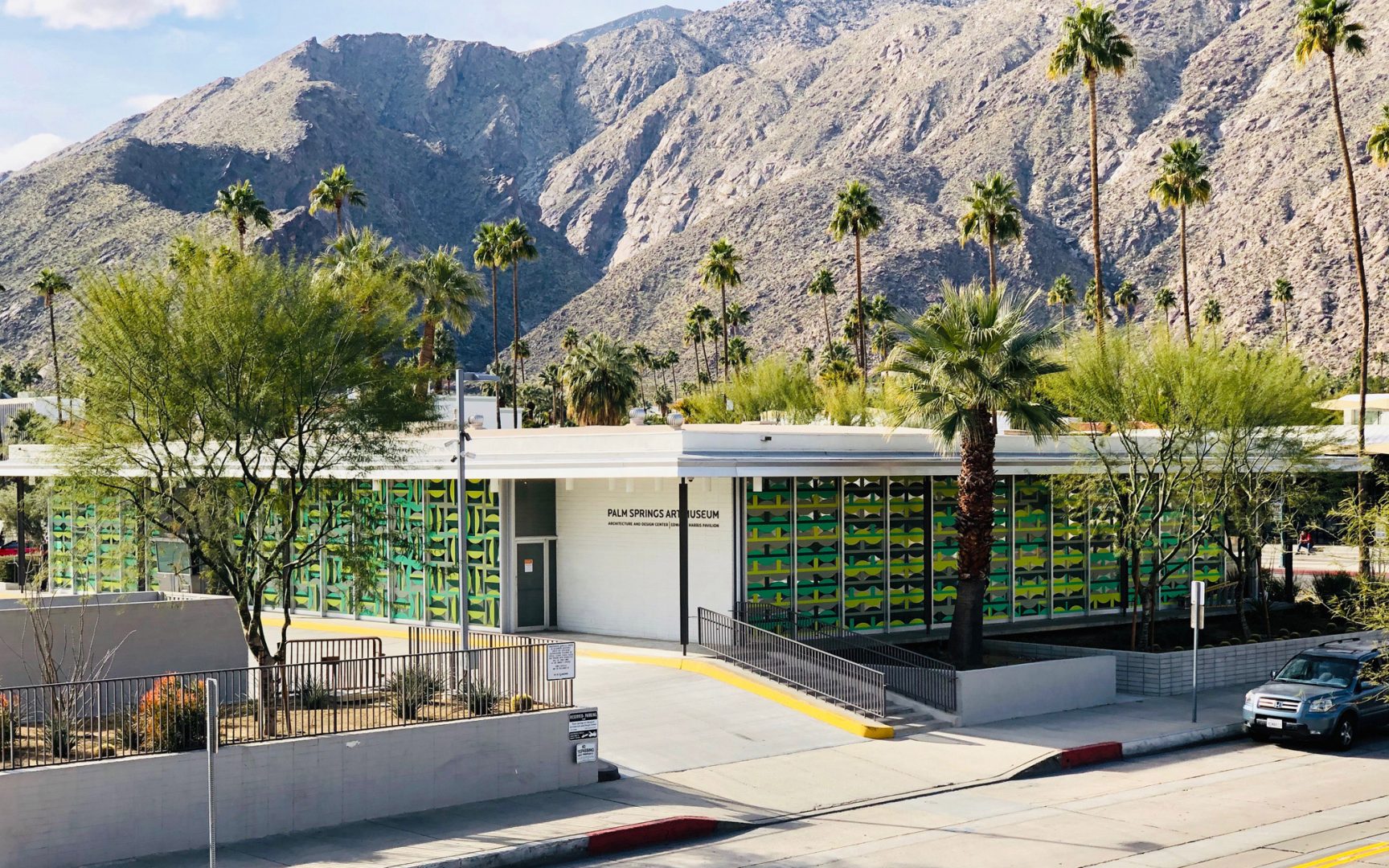
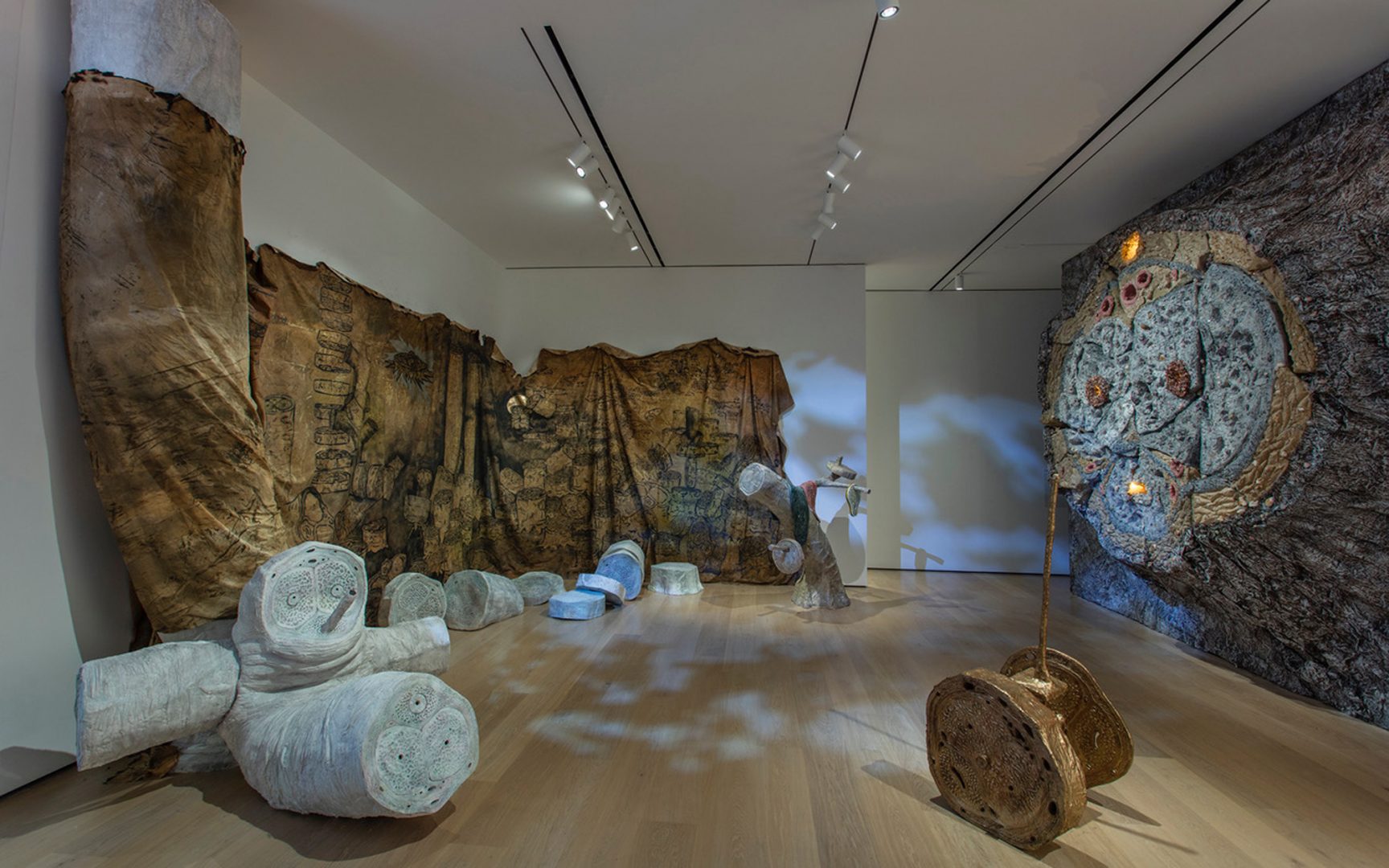
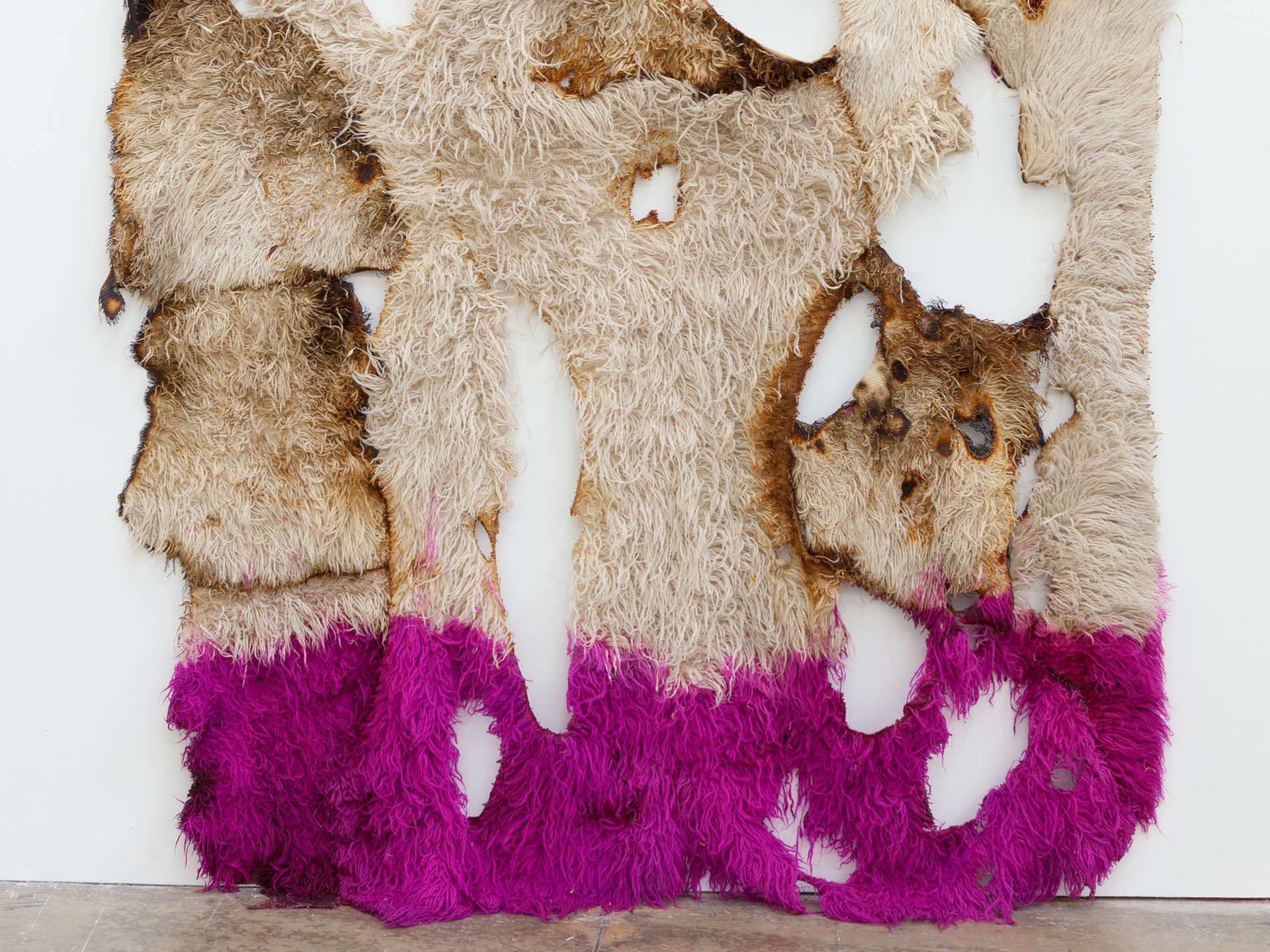
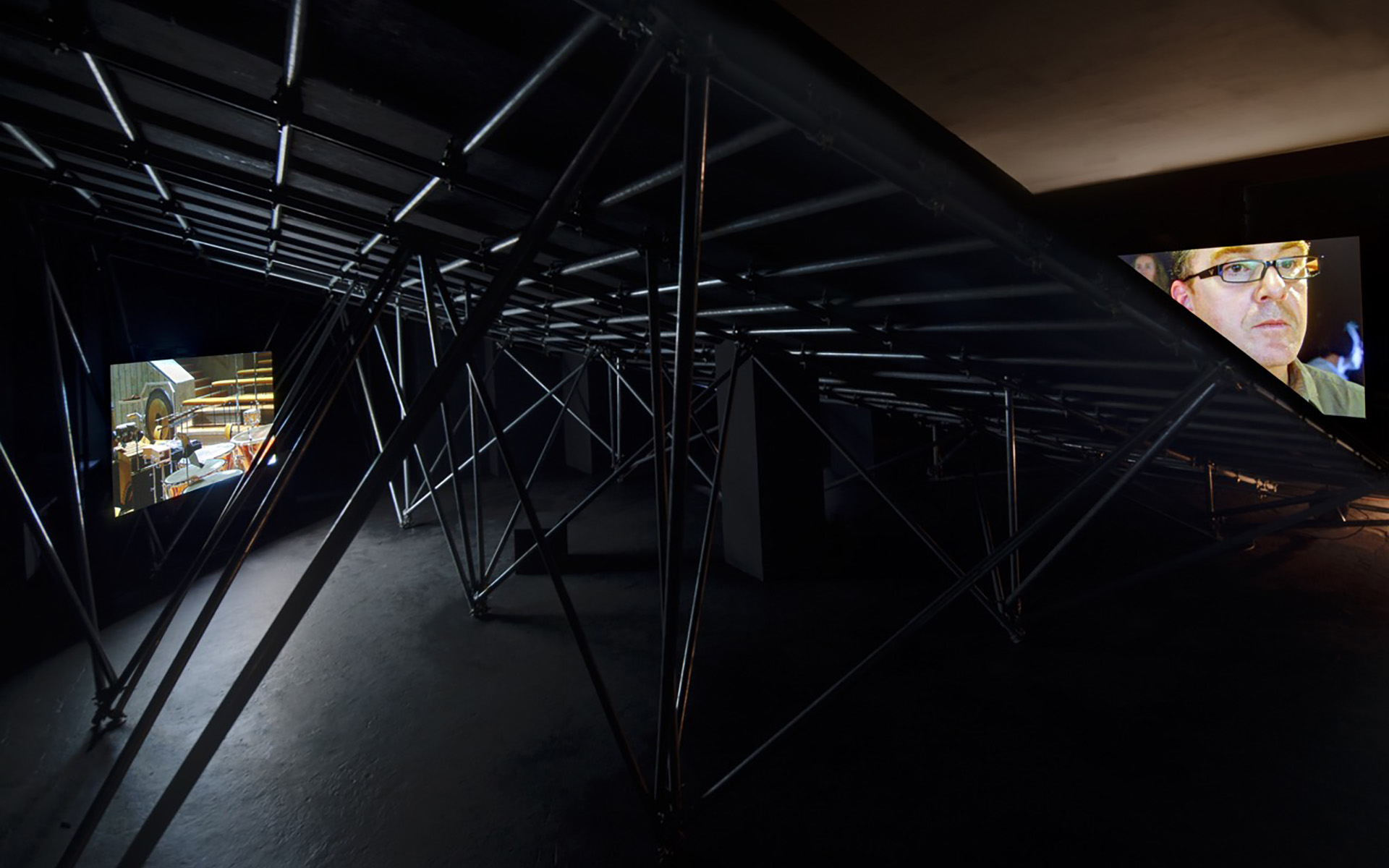


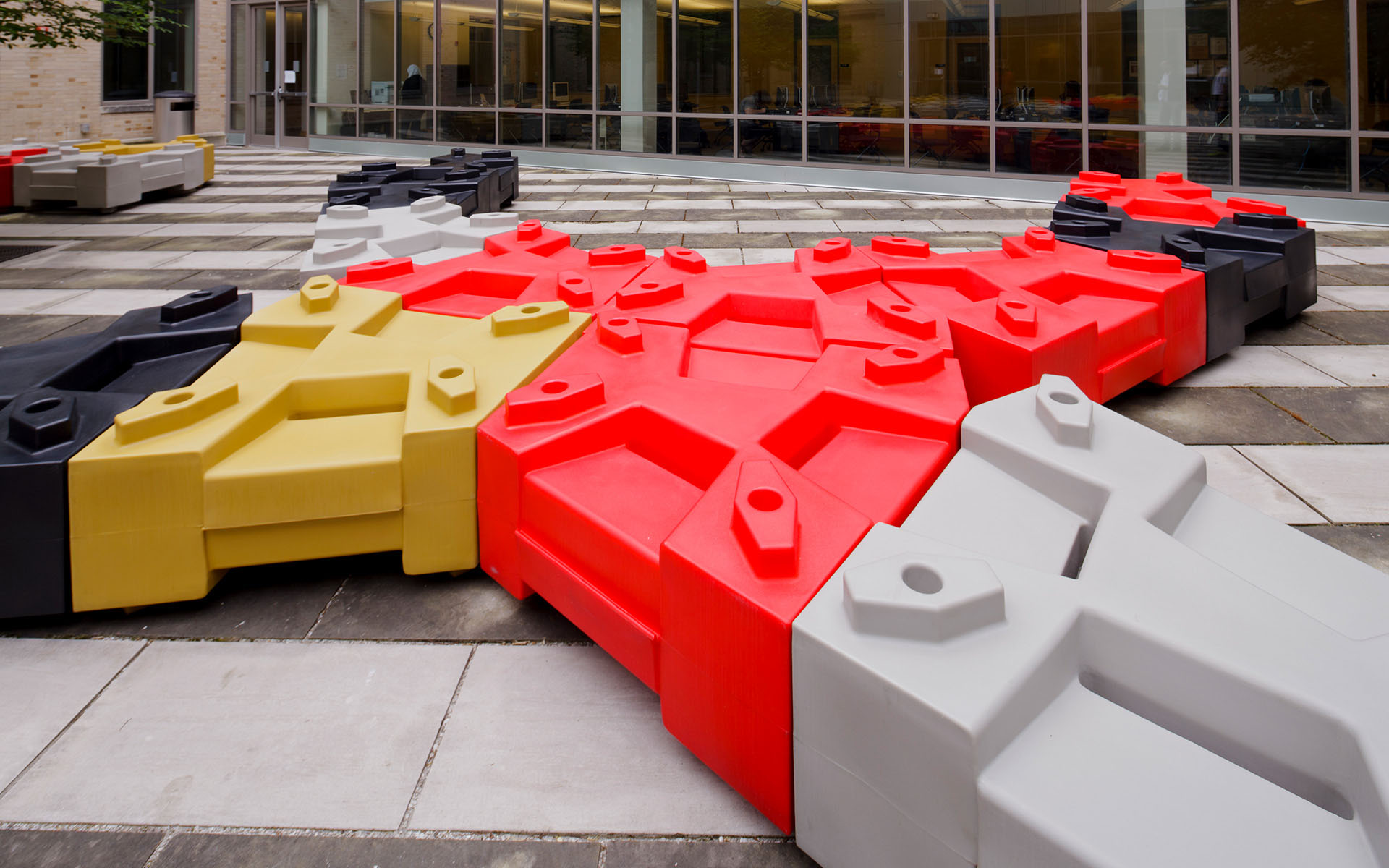
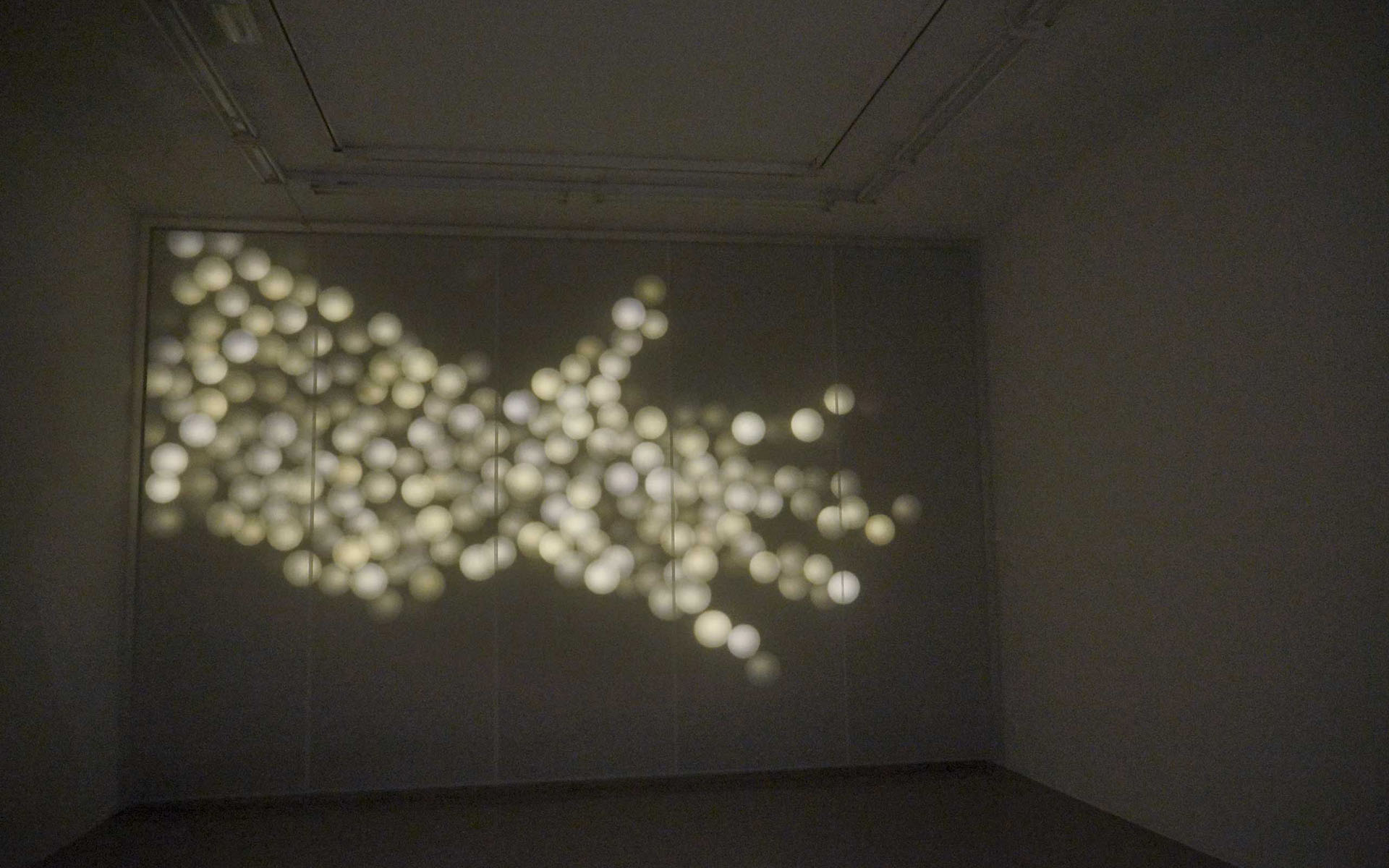
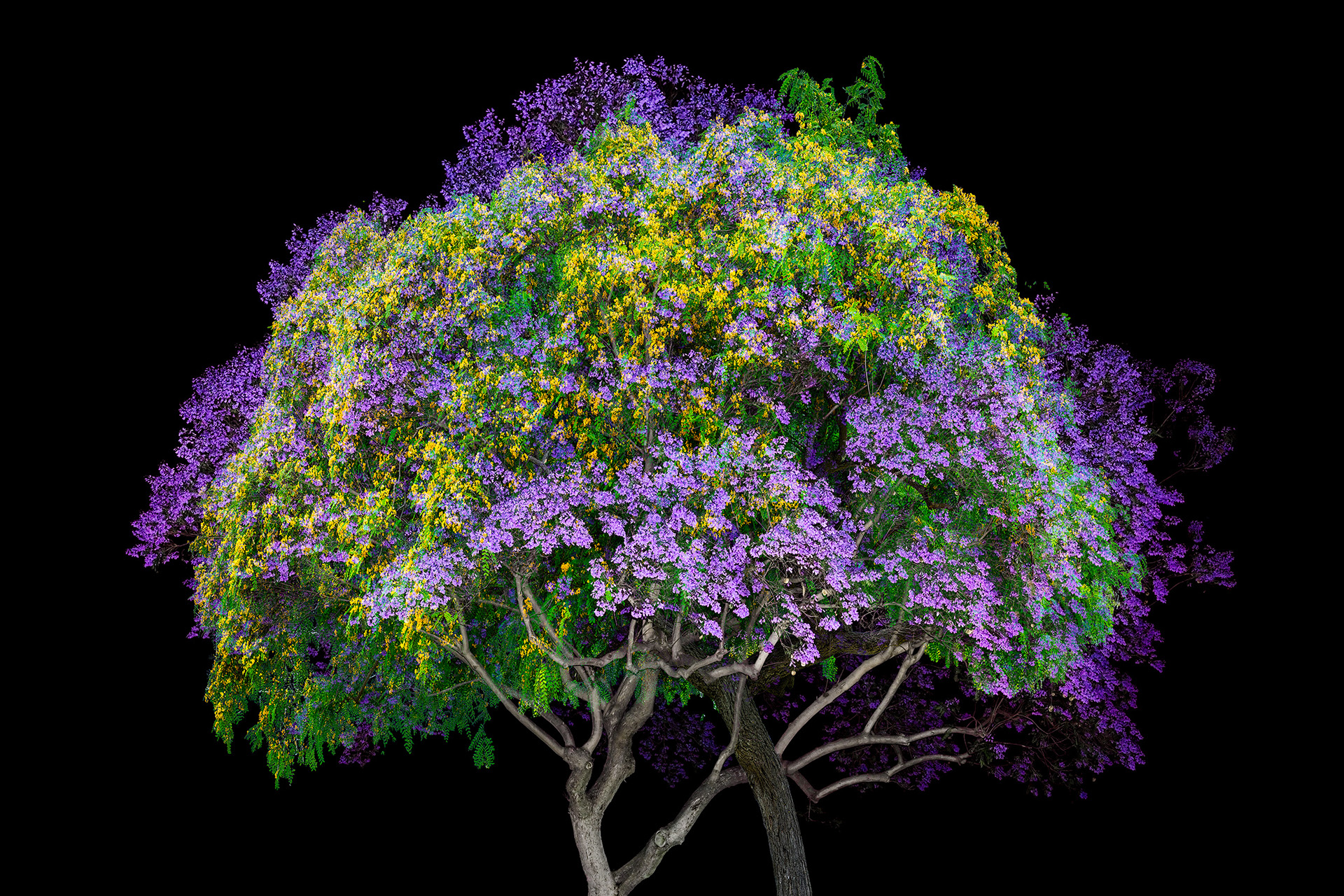
The Art Department offers a wide range of traditional and contemporary art practices. Students are encouraged to explore and develop their individual talents and skills alongside our faculty.
Art is a living cultural discourse of objects and gestures designed to be experienced. It is a discourse that is dynamic and progressive. Often artists seek to make the hidden mechanisms of experience visible or to make our implicit ideologies or values explicit. Often, it is to celebrate, intensify, or investigate some aspect of our human experiential potential.
Contemporary Art is a discourse that is often esoteric but that ultimately finds its way into the broad fabric of human consciousness, communication and experience. It is a discourse that affects, quite literally, how we experience reality. Art affects what we consider to be important, beautiful, and meaningful. It significantly contributes to what we are and who we are.
A liberal arts education is not a specific vocational course of study nor does a degree in art necessarily equate to one specific vocational tract. We presume that students are learning to work as artists. However, just as a liberal arts education prepares one with a broad intellectual foundation, an ability to think, differentiate, and learn; an arts education extends these capacities into how to see and as well as a grasp of visual literacy. In a world where the communication of ideas now routinely has a visual component, this capacity is a fundamental skill set.
As a University Department, we have always placed an emphasis on being a relatively small program working at the highest level. We have an exceptional faculty of working artists including several Guggenheim Fellows. We strive to be a serious and ambitious enterprise and we would argue that our culture is deeply enriched by our program and similar University programs.

